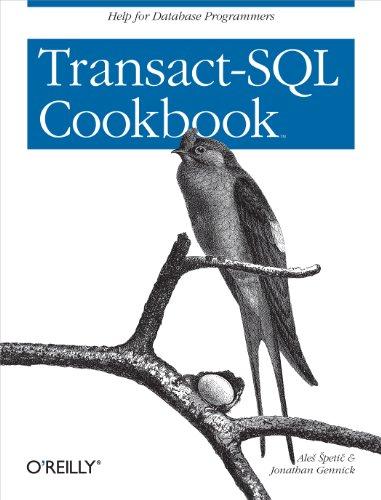Question
Hi! I have a problem with my C program. I have an exercise (see below) and the code (see below as well). Now my problem
Hi!
I have a problem with my C program. I have an exercise (see below) and the code (see below as well).
Now my problem is that the "%b" conversion specifier is not implemented in the C standard and I have to write a function that prints the uint64_t values in binary form.
The only thing that is not working, is to print the mantissa in binary form. So something in my function void print_mantissa(uint64_t int_mantissa) {} has to be incorrect.
Can you help me to correct the mistake?
I compile with gcc -Wall -Wextra -Werror -Wpedantic -std=c18
Thank you very much in advance!
The exercise:
Create a program that outputs the IEEE 754 double-precision binary representation for a passed floating-point number. The floating point number is passed as a command line parameter, where a valid floating point number has the following parts: (1) optional plus or minus sign (2) a non-empty sequence of decimal digits which optionally contains a decimal point (3) optionally an e or E with an optional plus or minus sign and a non-empty sequence of decimal digits.
The user passes a floating point number as command line parameter. (1) If no parameter is passed, the program prints the text "usage: ./s09e02
The text "Number:
The sign (sign), exponent (exponent) and mantissa (mantissa) components of the floating point number are calculated and output in the format "
The text "sign exponent mantissa " is printed on the standard output.
The program is terminated with EXIT_SUCCESS.
Tip:
You can use a union consisting of a double and a uint64_t component to get the bit representation of a double precision floating point number.
The strtod function can be helpful in converting the passed parameter.
Keep exactly to the format of the examples and do not output any additional text!
The output should look like this:
./s09e02 4.1 Number: 4.100000e+00 Binary representation: 0 10000000001 0000011001100110011001100110011001100110011001100110 sign exponent mantissa
My code:
#include#include #include #include #define ERROR_MSG_LEN 100 union double_to_uint64 { double d; uint64_t u; }; void print_uint64_t_to_binary(uint64_t int_number) { int a[64]; int i; // loop to calculate and store the binary format for (i = 0; int_number > 0; i++) { a[i] = int_number % 2; int_number = int_number / 2; } // loop to print the binary format for (i = i - 1; i >= 0; i--) { printf("%d", a[i]); } } void print_mantissa(uint64_t int_mantissa) { int a[64]; int i; // loop to calculate and store the binary format for (i = 0; int_mantissa > 0; i++) { a[i] = int_mantissa % 2; int_mantissa = int_mantissa / 2; } // int array to int size_t length = sizeof(a) / sizeof(*a); int mantissa2 = int_mantissa; size_t n = 0; int val; while(n < length) { val = a[n]; while(val !=0) { val = val/10; mantissa2 = mantissa2 * 10; } mantissa2 = mantissa2 + a[n]; n++; } //print the mantissa with 52 places printf(" %0*d ", 52, mantissa2); } int main(int argc, char *argv[]) { if (argc != 2) { fprintf(stderr, "usage: %s ", argv[0]); return EXIT_FAILURE; } char *endptr; double number = strtod(argv[1], &endptr); if (argv[1] == endptr || strlen(endptr) > 0) { char error_msg[ERROR_MSG_LEN]; snprintf(error_msg, ERROR_MSG_LEN, "ERROR: %s is not a valid double! Extracted double component: %.6f Remaining: %s", argv[1], number, endptr); fprintf(stderr, "%s ", error_msg); return EXIT_FAILURE; } union double_to_uint64 du; du.d = number; uint64_t bits = du.u; printf("Number: %.6e Binary representation: ", number); int sign = (bits >> 63) & 1; uint64_t exponent = (bits >> 52) & 0x7FF; uint64_t mantissa = bits & 0xFFFFFFFFFFFFF; printf(" %d ", sign); print_uint64_t_to_binary((exponent)); print_mantissa(mantissa); printf(" "); printf("sign exponent mantissa "); return EXIT_SUCCESS; }
Step by Step Solution
There are 3 Steps involved in it
Step: 1

Get Instant Access to Expert-Tailored Solutions
See step-by-step solutions with expert insights and AI powered tools for academic success
Step: 2

Step: 3

Ace Your Homework with AI
Get the answers you need in no time with our AI-driven, step-by-step assistance
Get Started


